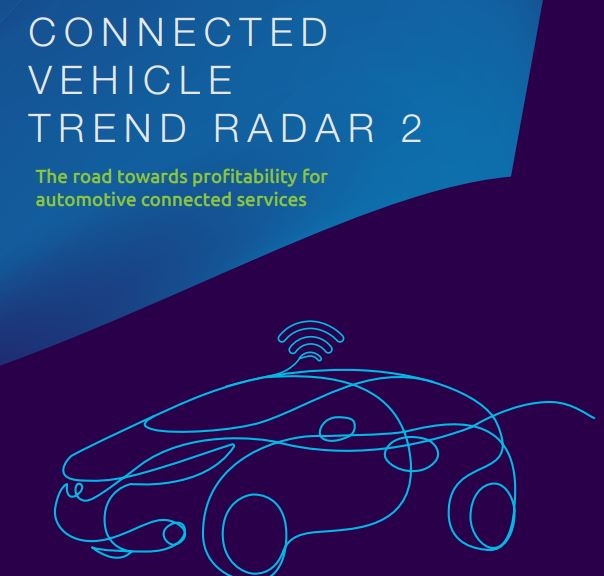- ETAnalytics Reports
- Industry
- Market Research
- BS-VI Norms Implication: Is the Industry Ready - Kotak Institutional Equities
BS-VI Norms Implication: Is the Industry Ready - Kotak Institutional Equities -
(Jan 2016)The government has decided to directly move to BS-VI fuel standards from April 1, 2020 from BS-IV currently. This shift is bound to bring changes in the automotive industry, right from the mix of vehicles to their prices. The strategy report from Kotak Institutional Equities looks at the various implications and whether the industry is ready for it.
Related Reports
Access to thousands of Market Research Reports, Financial Reports, White Paper and Surveys
Featured
It is a fact that electric vehicles (EVs) are beneficial for climate protection. However, the current challenge is to decide on whether to reuse an EV battery or to recycle it after its first use. This paper theoretically investigates these areas i.e., recycle and reuse. It was found that there are several commercially used recycling processes and also some are under research to regain maximum possible materials and quantity. The concept of reusing (second life) of the battery is promising because, at the end of the first life, batteries from EVs can be used in several applications such as storing energy generated from renewable sources to support the government grid. However, the cost and life-cycle analysis (LCA) demonstrated that there are several aspects involved in battery reuse applications. Henceforth, one LCA generalised method cannot provide an optimal approach for all cases. It is important to have a detailed study on each of the battery reusing applications. Until then, it is safe to say that reusing the battery is a good option as it would give some time to recycling companies to develop cost and energy-efficient methods.


